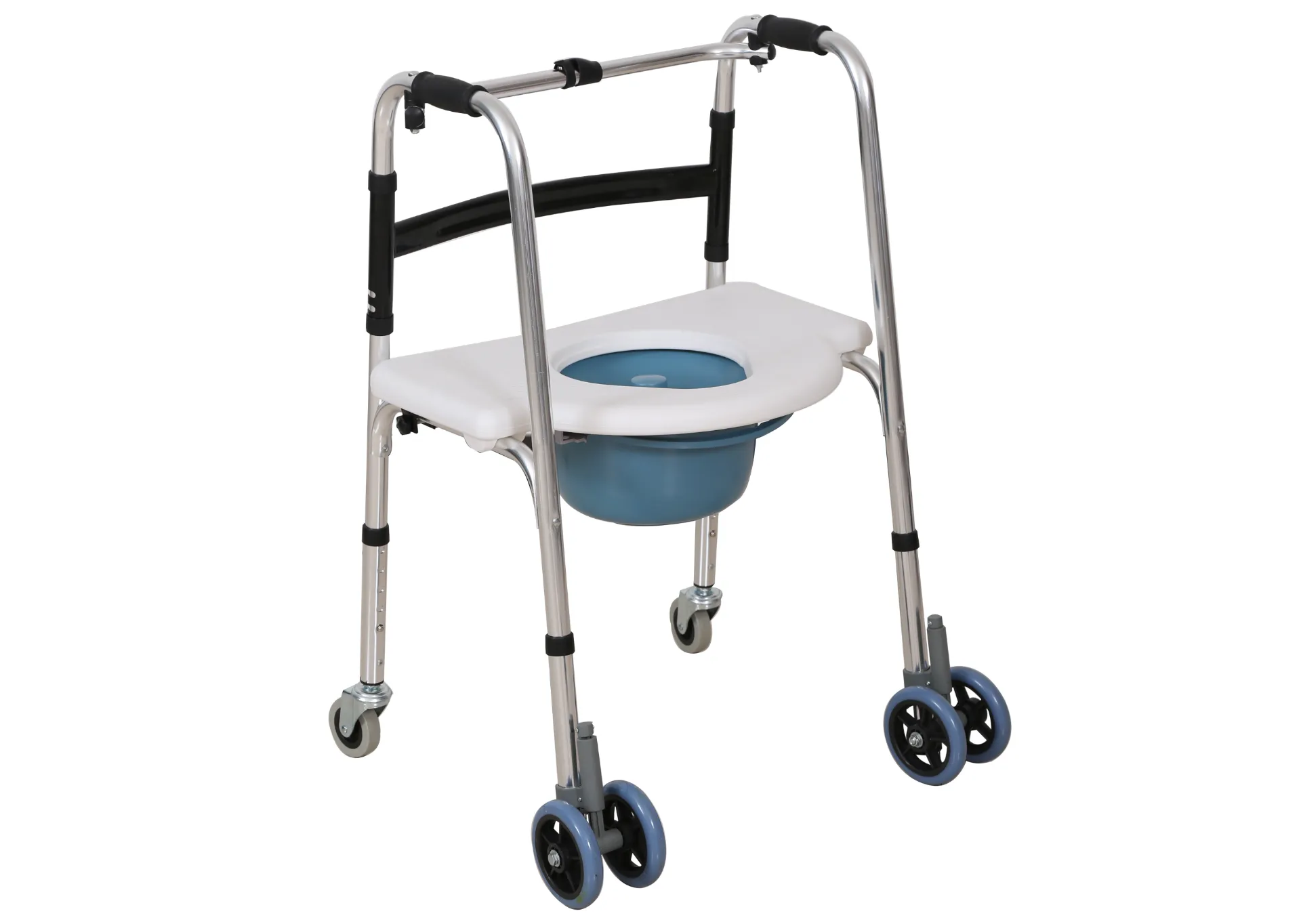Welcome to our websites!
Different Variants of Rollator Walkers for Enhanced Mobility Support
Types of Rollator Walkers A Guide to Choosing the Right One
As we age or encounter mobility challenges, maintaining independence becomes paramount. Rollator walkers are an excellent solution for those seeking assistance with walking. These mobility aids provide support, stability, and sometimes even the freedom to engage in various activities with confidence. However, with so many types of rollator walkers available, it can be overwhelming to choose the right one. This article aims to explore the various types of rollator walkers to help you make an informed decision.
1. Standard Rollator Walkers
Standard rollator walkers are a popular choice for daily use. They typically feature a sturdy frame, four wheels, and a built-in seat for resting. These walkers are lightweight, making them easy to maneuver both indoors and outdoors. Most standard models come with hand brakes for safety and adjustable height to accommodate different users. They are ideal for individuals who need moderate support while walking.
2. Three-Wheel Rollator Walkers
Three-wheel rollator walkers are designed for those looking for a more compact and lightweight option. With only three wheels, these walkers are easier to navigate in tight spaces and provide excellent maneuverability. They are particularly beneficial for use in crowded areas or small apartments. However, they might not provide as much stability as four-wheel models. Three-wheel walkers usually come with a comfortable seat and a basket to carry personal items, making them suitable for short trips and errands.
3. Heavy-Duty Rollator Walkers
Heavy-duty rollator walkers cater to individuals who require extra support due to larger body sizes or weight. These walkers are built with reinforced frames and have increased weight capacities, usually ranging from 300 to 500 pounds. The sturdy construction of heavy-duty rollators ensures stability and safety for users who need more robust support. Additionally, they often include wider seats and larger wheels for improved comfort and mobility.
types of rollator walkers

4. Folding Rollator Walkers
Folding rollator walkers are designed for portability and convenience. They can easily collapse for transport or storage, making them a great choice for travelers or those with limited living space. Many folding models come with a seat, backrest, and under-seat storage for essentials. They are available in various styles and colors, allowing users to select a walker that suits their preferences. Folding rollators combine functionality with ease of use, making them an increasingly popular option.
5. Rollator Walkers with Built-in Features
Some rollator walkers come with built-in features that enhance user experience and comfort. For example, certain models feature integrated baskets, trays, or pouch storage for carrying items while on the go. Others may include adjustable armrests, cup holders, or even digital displays that provide information such as distance traveled. These added functionalities can make a significant difference in how users interact with their walker's features, making mobility aids more user-friendly.
6. Pediatric Rollator Walkers
For children with mobility challenges, pediatric rollator walkers are designed specifically for their needs. These models are typically smaller and lighter but still offer the same support and stability found in adult versions. Pediatric walkers often come in fun colors and designs to appeal to younger users while providing essential support for walking. Parents can find models that cater specifically to their child’s size and developmental stage, ensuring safety and comfort.
Conclusion
Choosing the right rollator walker is crucial for enhancing mobility and ensuring a sense of independence. When considering which type of rollator is best suited for your needs, it is essential to assess factors such as weight capacity, size, and additional features. Regardless of the type, the primary goal of all rollator walkers remains the same to provide support, stability, and a renewed sense of freedom for those with mobility challenges. By understanding the various types available and their unique benefits, you can make a more informed choice that best meets your lifestyle and needs. Always consult with a healthcare professional or a mobility specialist for personalized advice, ensuring you select the walker that can most effectively enhance your mobility and independence.
-
Transforming Healthcare with Hospital FurnitureNewsJun.24,2025
-
Rehabilitation EquipmentNewsJun.24,2025
-
Mobility and Independence with WheelchairsNewsJun.24,2025
-
Freedom of Mobility with Our Rollator WalkersNewsJun.24,2025
-
Comfort and Independence with Commode ChairsNewsJun.24,2025
-
Bathing Safety and Independence with Shower ChairsNewsJun.24,2025
-
Navigating the Wholesale Landscape of Electric Mobility Solutions: Key Considerations for Power Wheelchair DealersNewsJun.10,2025











